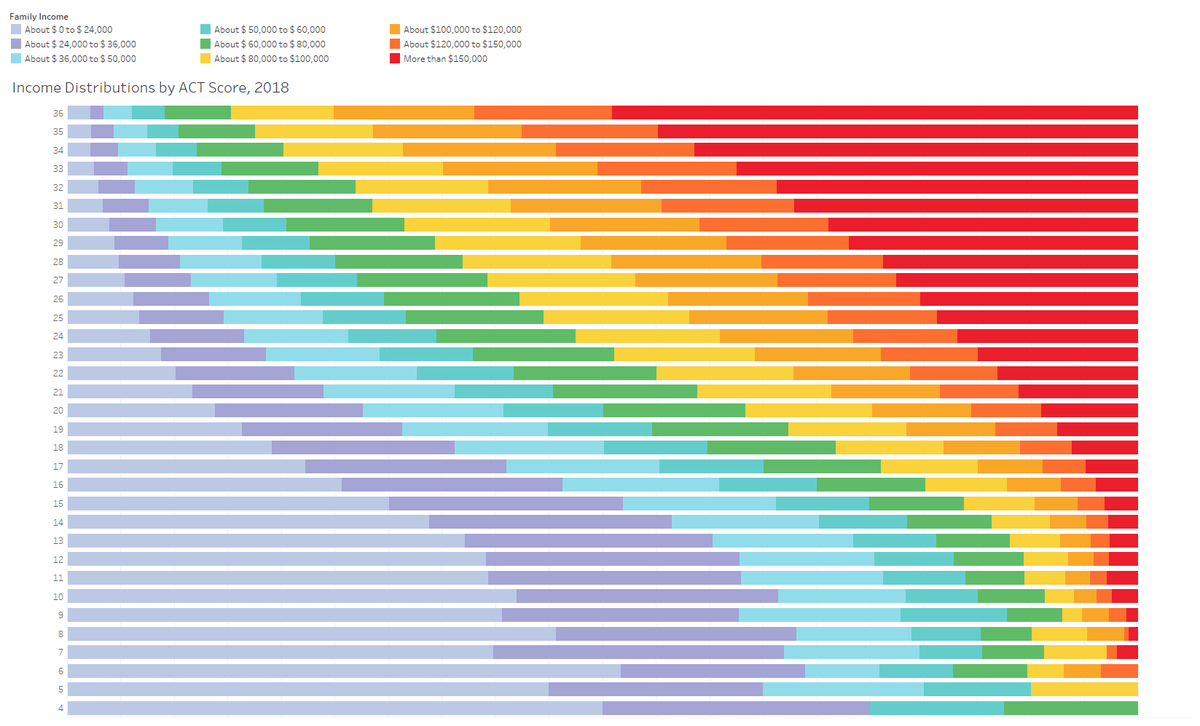
Thread: A) The government Scorecard is the government's. Colleges didn't move the goal posts. B) Federal reporting requirements include 4,5,and 6-year rates. 

C) I did this about six years ago. It shows how grad rates are less meaningful than we might want them to be. highereddatastories.com/2015/03/anothe…
D) Grad rates are inputs, not outputs. Tell me the mean SAT score of your freshman class and I'll tell you how many will graduate. highereddatastories.com/2014/02/are-gr…
E) (No this does not imply that the SAT predicts grad rates for individual students. Don't @ me.)
Oh, and #EMTalk
• • •
Missing some Tweet in this thread? You can try to
force a refresh








